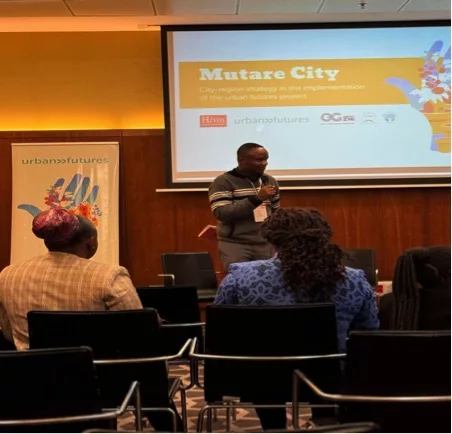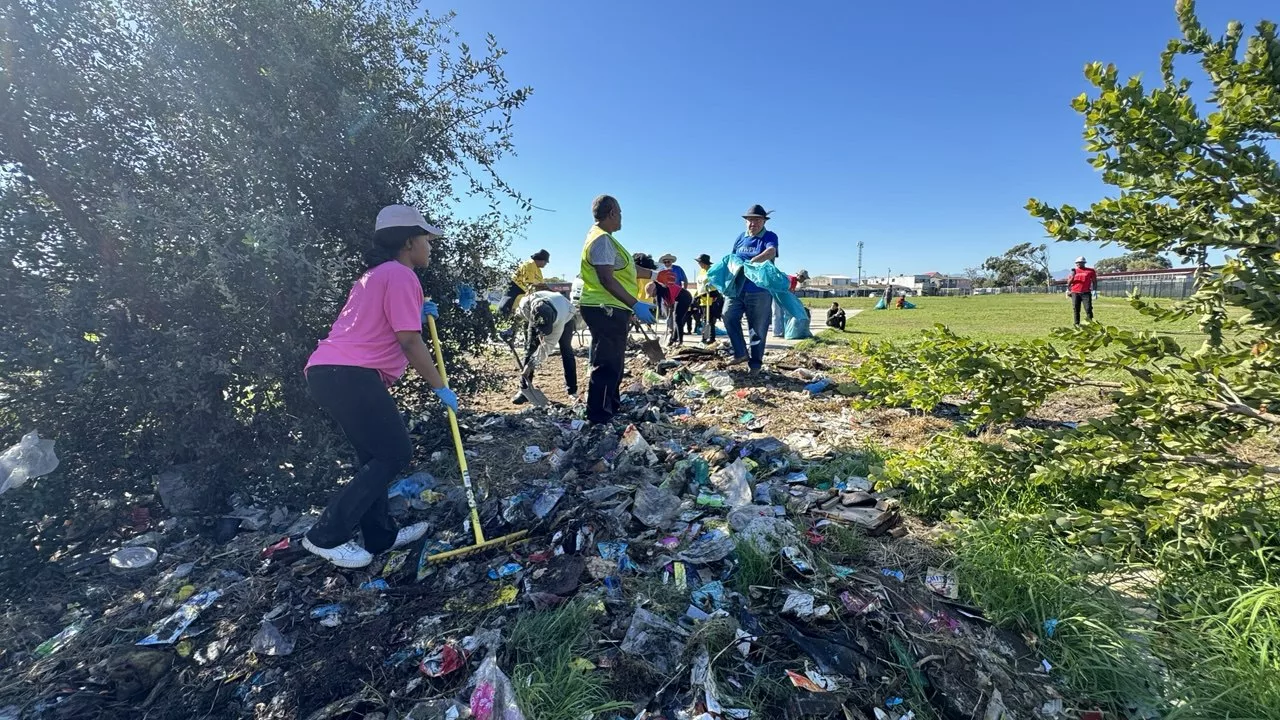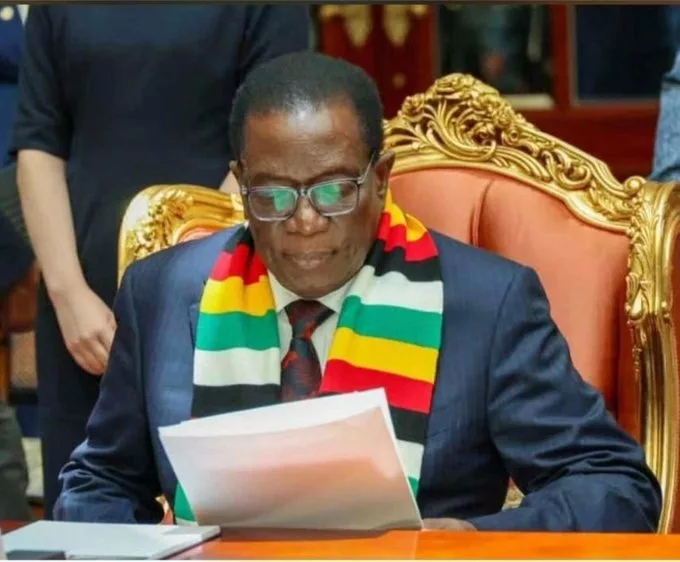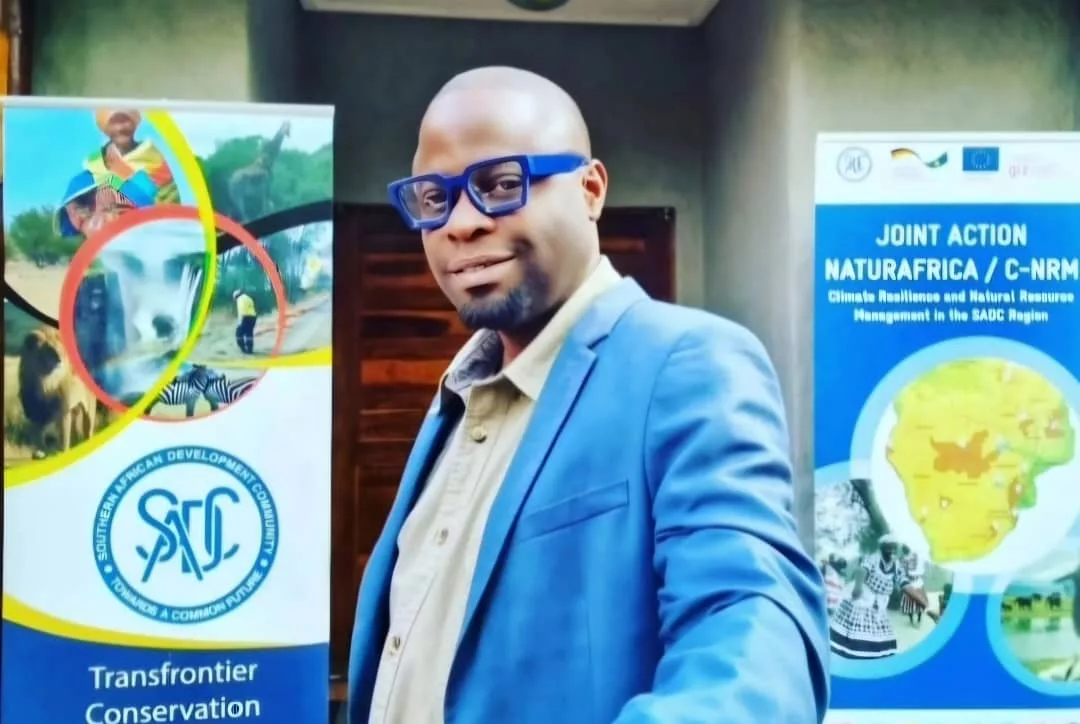|
Getting your Trinity Audio player ready...
|
On November 2, 2024, at the Pan African Youth Forum in Oran, Algeria, the event titled “Empowering Youth through Education for Climate Resilience” brought together a diverse group of stakeholders, including youth leaders, educators, and policymakers, to address the urgent need for climate education. This gathering underscored the pivotal role that young people can play in fostering resilience against climate change through knowledge and action.
The event kicked off with welcome remarks from Joseph Mhashi of the Zimbabwe Youth Council, who emphasized the importance of youth engagement in climate discussions including their important role in urban food systems. His opening set a hopeful tone, highlighting the potential of young leaders to drive meaningful change in their communities.
Engaging Plenary Sessions
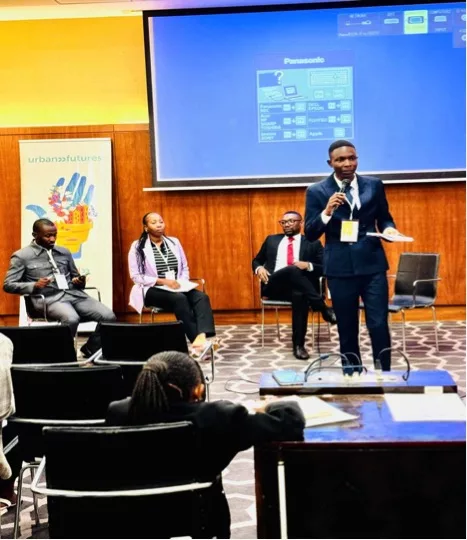
The first plenary session focused on Integrating Climate Education into Urban Planning. Speakers included: Honorable Descent Bajila, Trish Mutakura from GGT, and AU-IOM Ambassador Walter Msempa from Zambia. These thought leaders shared their insights on how climate education can be embedded within urban planning frameworks to empower the next generation.
Key Takeaways from the session include:
- The Role of Education– Honorable Descent Bajila discussed how education equips youth with the tools to influence policymaking and urban design, creating sustainable and resilient cities.
- Collective journey of the UF Project -Trish Mutakura highlighted successful initiatives from the HIVOS Urban Futures Project, showcasing how educational programs have been influencing the transformation of local food systems and enhanced community resilience in Mutare
- Youth-Led Initiatives- AU- IOM migration Ambassador Walter Kasempa from Zambia, a public policy expert shared inspiring examples of youth-driven projects that have made a tangible difference in urban environments and reinforced the idea that young people can be powerful agents of change. He highlighted 4 thematic areas that are key in driving change which are: investment in knowledge and research in climate change to influence local, national, and international policies, innovation, i.e. smart agriculture, and the importance of empowering the marginalized groups to be the key drivers of climate action including their importance in transforming urban food systems to become more sustainable.
Following the plenary presentations, participants engaged in an interactive session, sharing their experiences and perspectives on the challenges and opportunities in climate education. This dialogue fostered a collaborative atmosphere, encouraging attendees to brainstorm innovative solutions and strategies for increasing youth involvement in urban food systems.
A Call to Action-The discussions at this event are just beginning to truly empower youth and foster climate resilience, we must prioritize the integration of climate education into curricula, urban planning, and community initiatives. This was also emphasized by the Africa Union Youth Envoy Chido Mpemba that a 21st-century education system should address one of the critical challenges we are facing today which is climate change.
Moving Forward
Collaboration: Governments, educational institutions, and youth organizations need to work together to develop and implement effective climate education programs.
Engagement: Encouraging young people to take part in decision-making processes will ensure that their voices are heard and their ideas are implemented.
Innovation: Supporting youth-led initiatives can lead to creative solutions tailored to local challenges, making communities more resilient to climate impacts.
Hence investing in education and empowering youth, can build a sustainable future where young leaders take charge of climate action.


